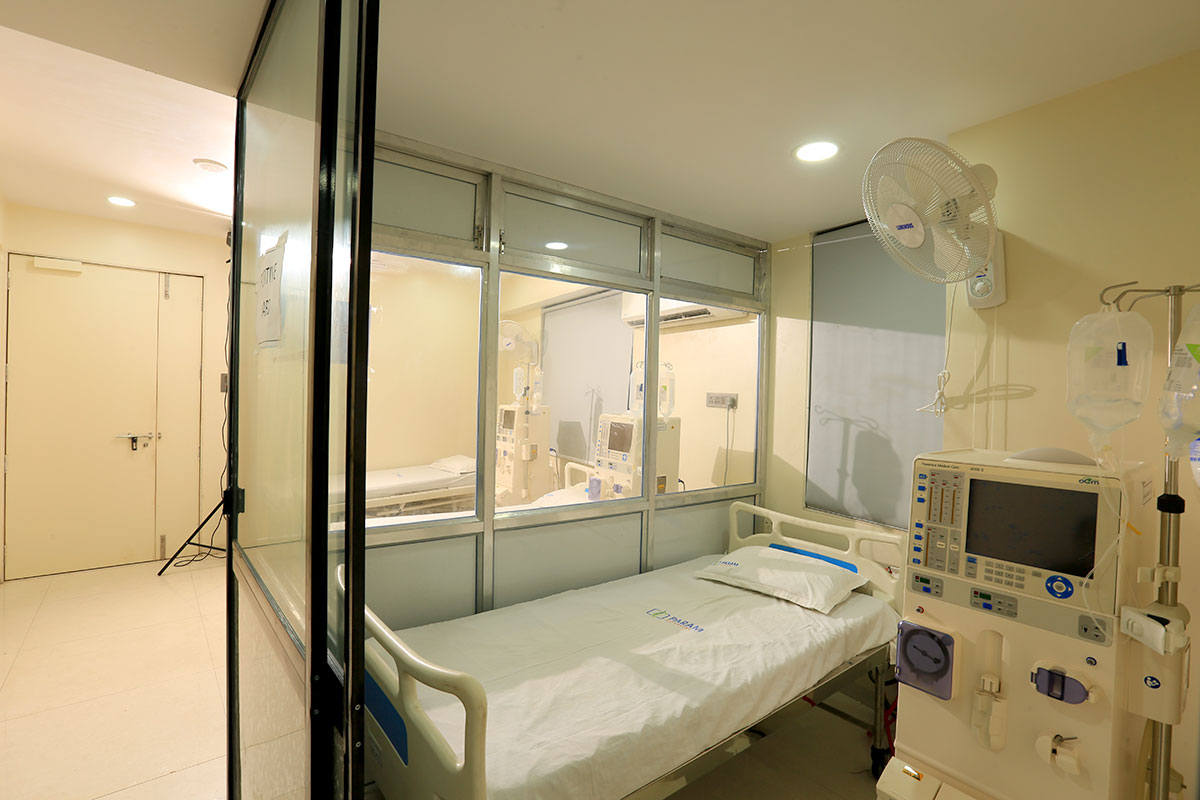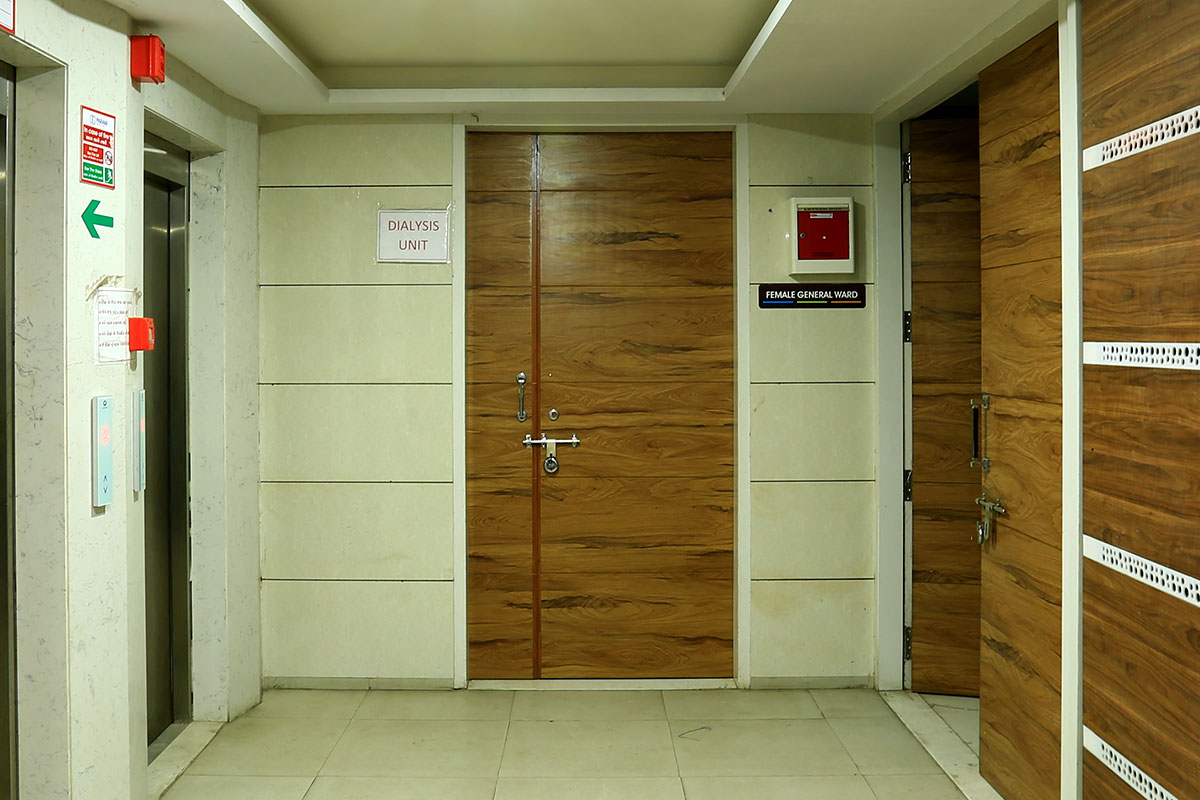
"We Care, Because Your Life Matters..."

"We Care, Because Your Life Matters..."



The kidneys filter your blood by removing waste and excess fluid from your body. This waste is sent to the bladder to be eliminated when you urinate.
Dialysis performs the function of the kidneys if they’ve failed. According to the National Kidney Foundation, end-stage kidney failure occurs when the kidneys are performing at only 10 to 15 percent of their normal function.
Dialysis is a treatment that filters and purifies the blood using a machine. This helps keep your fluids and electrolytes in balance when the kidneys can’t do their job.
Properly functioning kidneys prevent extra water, waste, and other impurities from accumulating in your body. They also help control blood pressure and regulate the levels of chemical elements in the blood. These elements may include sodium and potassium. Your kidneys even activate a form of vitamin D that improves the absorption of calcium.
When your kidneys can’t perform these functions due to disease or injury, dialysis can help keep the body running as normally as possible. Without dialysis, salts and other waste products will accumulate in the blood, poison the body, and damage other organs.
However, dialysis isn’t a cure for kidney disease or other problems affecting the kidneys. Different treatments may be needed to address those concerns.
